The idea of a curse is as old as storytelling itself. From ancient tombs to family heirlooms, people have long believed that an object, place or even a spoken phrase could carry a dark power capable of bringing misfortune. But in the modern world, where belief in magic and the supernatural is less common, the question still lingers: do curses actually work?
The answer isn't as simple as yes or no - it depends largely on whether you believe in them. And that belief can be powerful enough to have real consequences.
A curse is usually thought of as a type of supernatural harm that's deliberately inflicted. It might come from a ritual, a spoken spell, or even a passing comment that's taken seriously - like someone angrily telling you, "You'll regret that." Curses can be directed at individuals, families, or even entire communities.
Some of the most famous examples include the so-called "curse of the pharaohs", said to affect those who disturb ancient Egyptian tombs, or the curse said to hang over the Kennedy family in the United States. In pop culture, cursed objects regularly crop up in ghost hunting shows and
paranormal films - from haunted dolls to paintings that supposedly bring bad luck.
There's no scientific evidence that a curse has any supernatural power on its own. You won't find a measurable force coming from a cursed amulet, and no known laws of nature allow for words to supernaturally alter fate.
But what you can measure is the effect that belief has on people. If someone believes they've been cursed, that belief can shape how they think, act, and interpret the world around them.
This is similar to what's known in medicine as the nocebo effect - the opposite of the placebo effect. Just as a harmless pill can make someone feel better if they believe it's medicine, a harmless suggestion or rumour of a curse can cause real stress, anxiety, and even physical symptoms. People may start to notice every small setback, link unrelated events together, and live in constant fear - all of which can lead to genuine harm.
In this way, curses can "work" in a psychological sense. Believing you're cursed might lead you to make different choices, act more cautiously (or recklessly), or feel more anxious - and those effects can ripple into real life outcomes.
There are plenty of real-world cases where people have blamed bad luck on a supposed curse - even when the evidence is thin. In some cultures, this belief is deeply ingrained, and it's common to seek out a spiritual healer or religious figure to "lift" a curse.
If you truly believe that you're unlucky, or convince yourself you're doomed to fail, it can become a self-fulfilling prophecy. You might miss opportunities, take fewer risks, or blame outside forces rather than changing course. In this way, belief becomes its own kind of curse.
So while there may be no actual magic at work, the effect is real enough for the person experiencing it.
Famous Curses
Curses might not have any supernatural power in the way they're portrayed in horror films or ancient legends, but they've still left their mark on history - with plenty of real-life stories where people genuinely believed a curse was to blame.
1. The Curse Of The Pharaohs
Said to bring death or misfortune to anyone who disturbs an ancient Egyptian tomb, particularly that of Tutankhamun.
2. The Hope Diamond Curse
This large blue diamond is believed to bring tragedy or ruin to its owners and those who come into contact with it.
3. The Poltergeist Movie Curse
Linked to multiple cast member deaths and misfortunes surrounding the 1980s horror film series.
4. The Curse Of Macbeth
Theatrical tradition claiming that speaking the name of Shakespeare's 'Macbeth' inside a theatre brings bad luck.
5. James Dean's Car
The car Dean died in is believed to have caused accidents, injuries, and deaths after being sold for parts or displayed.
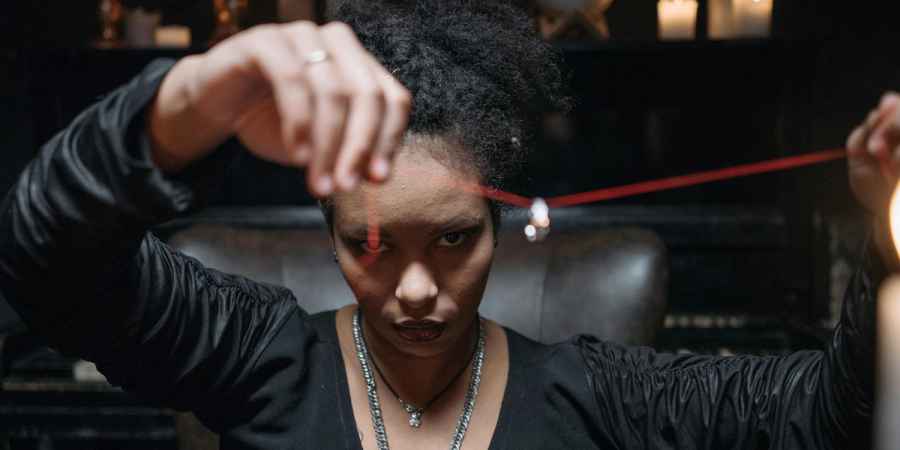

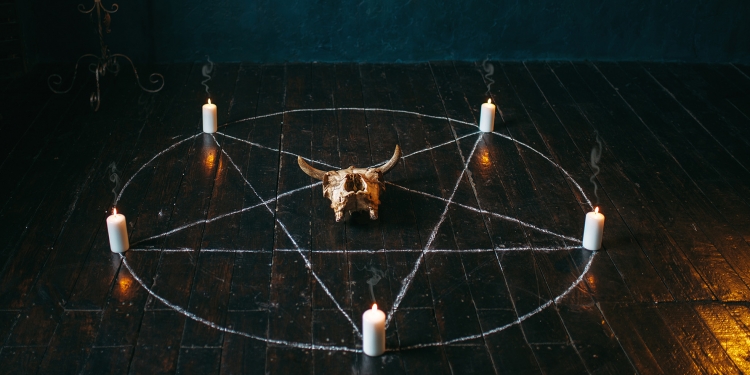

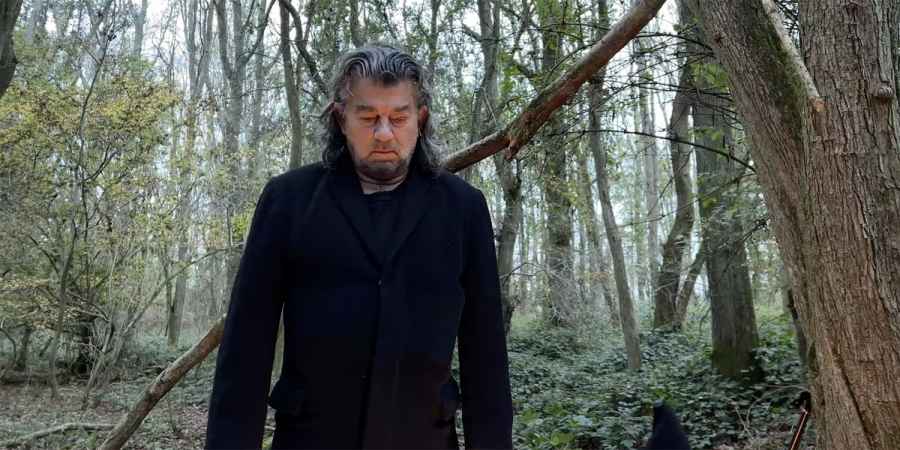
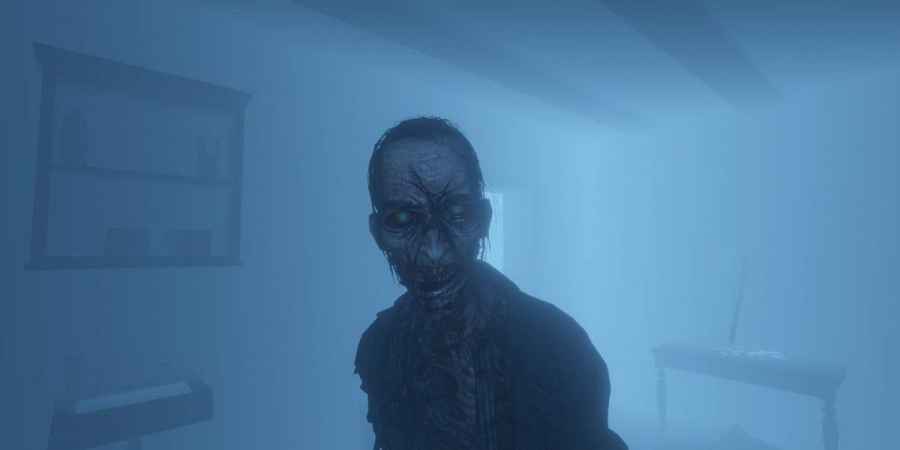
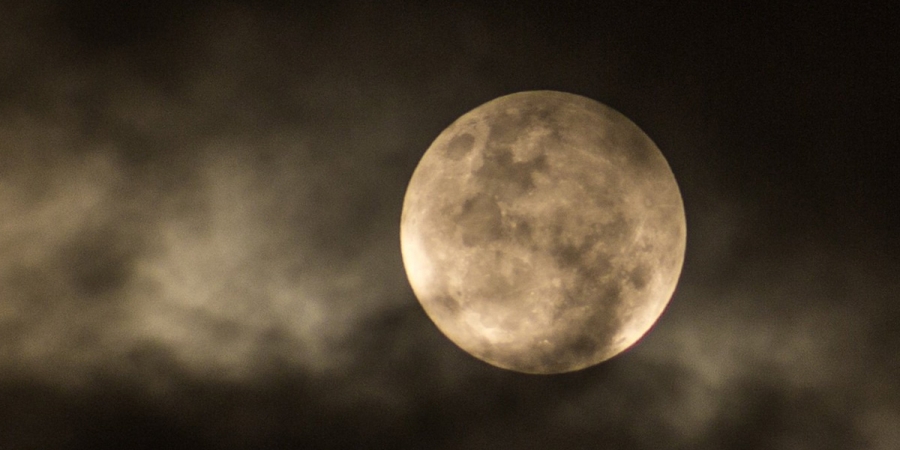
 See More on Audible
See More on Audible


Comments
Want To Join The Conversation?
Sign in or create an account to leave a comment.
Sign In
Create Account
Account Settings
Be the first to comment.